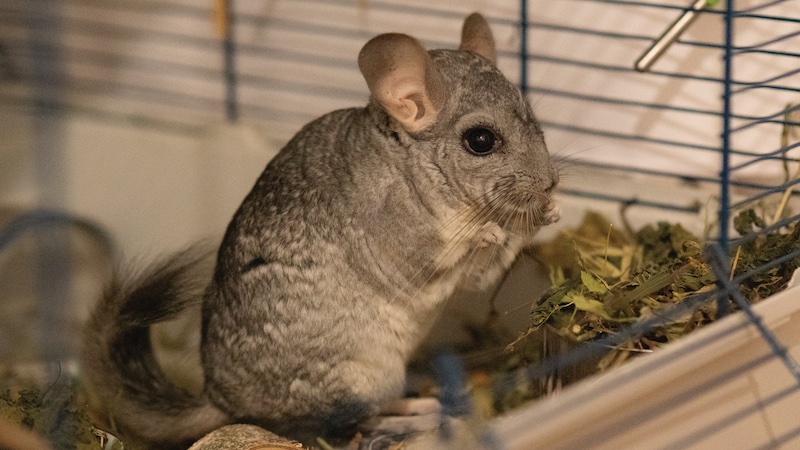Small mammal herbivores, part 2: nutrition for wellness
Exotic companion mammal herbivores have specific nutritional needs as they are adapted to optimise nutrition from a high-fibre, low calorie-density diet. Unlike other traditional companion animal species such as cats and dogs, there are no nutritionally complete commercial diets available for these exotic species. Feeding plans need to take into consideration the species, age and reproductive status of the patient, and a nutritional assessment includes body condition scoring as well as muscle condition scoring. Patient activity level, body condition score, muscle condition score and the presence of ongoing illnesses are also important considerations. To make a nutritional assessment and plan for a patient, a modified Nutritional Assessment Checklist is effective, as recommended in the toolkit of the World Small Animal Veterinary Association (WSAVA) Nutritional Assessment Guidelines Task Force (2011). Patient behaviour and the presence of healthy integument and diet-related illnesses can help determine the suitability of the patient's current diet. Although herbivores share a basic dietary plan, it is important to know the unique needs of individual species. This is the subject of part 2 of this series.
Christina Miller -
